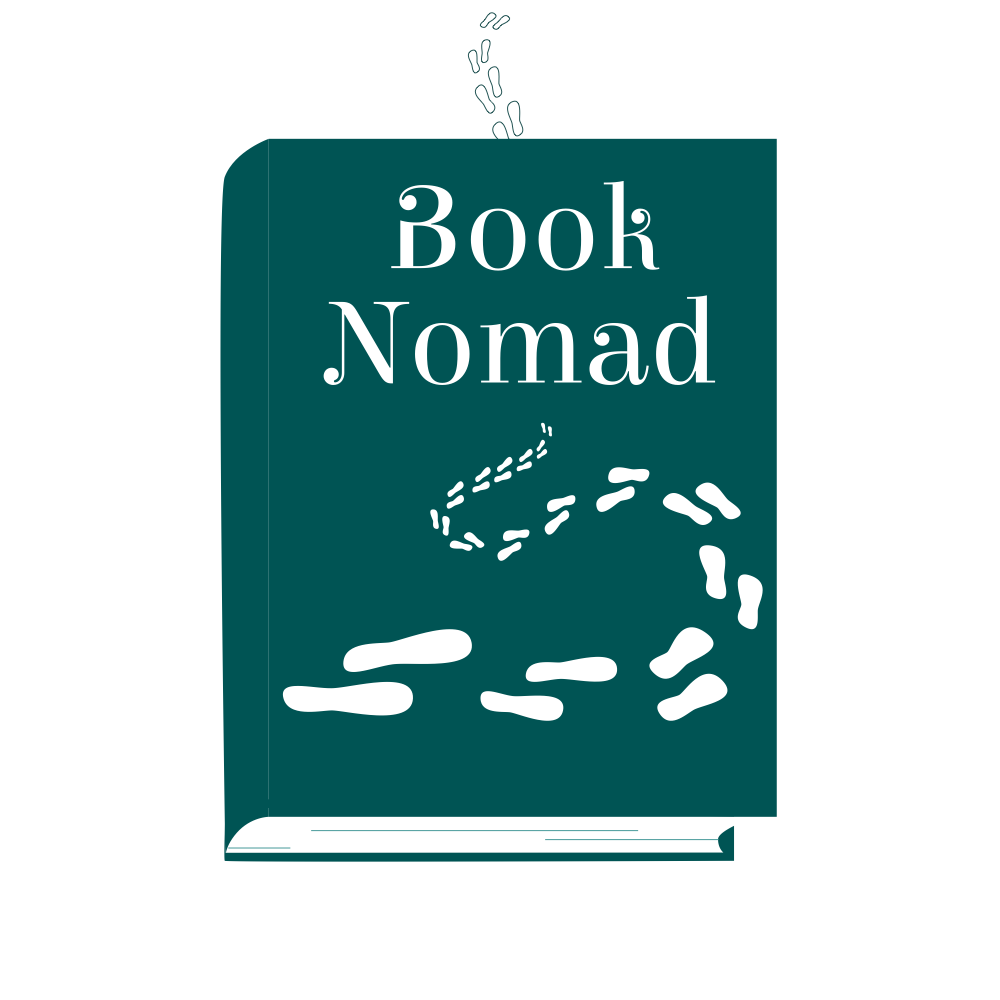I just came across the story of a Uyghur teacher of Islam, writer and translator, Abdulahad Mahsum, who died in a Chinese internment camp after a life of teaching Islam and undergoing serial imprisonment by the authorities. Recently, I’ve also been reading about the Algerian war of independence (discussed in this episode) and Palestine’s history and continued resistance movement. Many of us have also had our attention drawn to the patient perseverance and dedication of doctors in vulnerable situations across the world (not a new phenomenon). Of course, in the month of Ramadan we all have our minds on the greatest role model and hero of all time, the prophet Muhammad, peace be upon him, along with his family, companions and the many other great prophets and people we are told about in the Qur’an.
All of this has got me thinking about the ideas that so many of us are constantly exposed to about ourselves and the standards we should hold ourselves to:
- veneration of celebrities void of any deep, constructive social impact,
- every little stumble we face is turned into a calamity,
- heaped praise for the tiniest achievements,
- “you do you”, “don’t listen to the haters”.
“We’re all doing our best.” “We’re all heroes.” No, we’re not. But some of us could be if we build up our resilience and remind ourselves what true heroes and role models look like.
I’m not looking to make anyone feel bad about the fact that we don’t live in a war zone or that we have enough food to eat. All our rizq is written by Allah. Nor am I suggesting that because a lot of us have relatively comfortable lives we shouldn’t acknowledge when we feel pain and hurt. But we need to remember that Allah tests us both with hardship and ease. We need to think about how we respond to our situations.
- Do we sincerely and continuously thank Allah for all He has given us?
- Do we look at our actions critically so that we can improve?
- Are the ideas we are internalising empowering or disempowering?
- Are we succumbing to and perpetuating self-important, selfish narratives about how we should live as part of a community?
- Are we pushing each other with sincerity and kindness to improve and aim higher?
In short, do we look at our lives in the context of an eternal Hereafter where the struggles and pleasures of this life will not matter except in how we dealt with them?
From this perspective, we can see one of the great values of stories: stories of courage; integrity; justice; sacrifice for goodness; sincere love; compassion; dignity; self-reflection; sins, regret and repentance; honour; humility; and more. We can also see the way stories that glorify less aspirational qualities can be disempowering and lead us to hopelessness and lethargy. Stories and history are weapons that can be used for or against us. We need to take hold of them and use them for good.
A question I regularly mull over is the one of Muslim representation in literature (and media more broadly) and particularly the exploration of the imperfect nature of human beings. We are seeing in some parts of the world a rise in stories that revolve around the Muslim who has inherited Islam but does not necessarily aspire to implement Islamic principles or a deep awareness of Allah in their everyday life (and in other contexts this has been a theme for a little longer). As a trend and at a wider level, this is something that raises concerns for me about how it plays into a broader framing of Islam as a cultural identity rather than a comprehensive way of life. However, I can’t deny the reality of these people’s experiences nor do I want to strip Muslim stories of fallible, imperfect Muslim characters. Perfection is, after all, for Allah. Perhaps the way forward is two-fold. On the one hand, we need to amplify the stories of great Muslims from our past and present – people who through acts of courage and sincerity brought themselves and others closer to Allah (while continuously battling their flaws). At the same time, we should continue to tell the stories of struggle with living our faith while considering the lessons we can learn from them. Let us learn about how to face our own weaknesses, about the factors at play that can lead people to disconnect from the essence of Islam and with a sense of optimism and self-critique that can lead us all to aim higher, to improve ourselves and our communities and to keep the stage set for the continued rise of true Muslim heroes who live their lives in the service of Allah in the way He has taught us.
May Allah accept the heroes, past and present, prominent and less visible, into the highest ranks of Paradise and give us the sincerity, wisdom and courage to aspire to be bearers of light and justice for His sake.

0 Comments